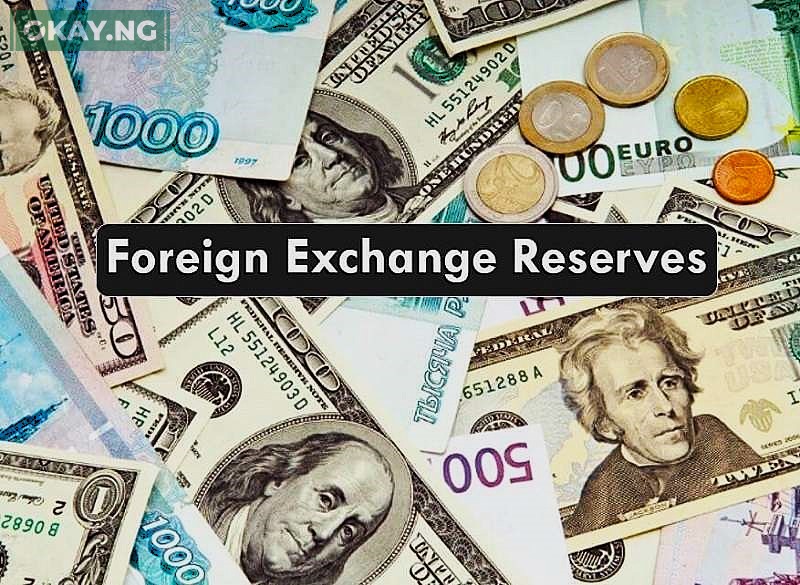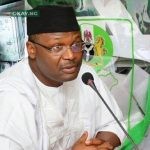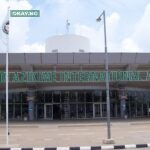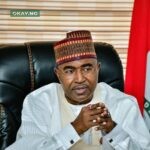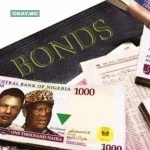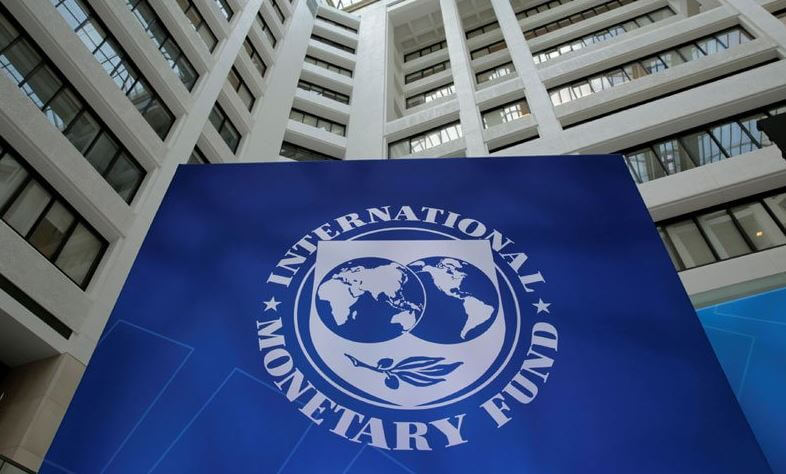Nigeria’s net foreign exchange reserves (NFER) have reached a significant milestone, climbing to $23.11 billion by the end of 2024, marking the highest level in over three years, according to a recent statement from the Central Bank of Nigeria (CBN). This substantial increase signals a positive shift in the nation’s financial stability, reflecting the efficacy of strategic policy decisions implemented by the CBN.
This surge represents a dramatic increase from $3.99 billion at the end of 2023, $8.19 billion in 2022, and $14.59 billion in 2021. The NFER, which offers a more accurate depiction of the country’s available foreign exchange buffers by accounting for near-term liabilities, underscores the nation’s improved capacity to meet its external obligations.
The CBN also reported that Nigeria’s gross external reserves rose to $40.19 billion in December 2024, compared to $33.22 billion at the end of 2023. This improvement is attributed to deliberate measures aimed at reducing short-term foreign exchange liabilities, particularly FX swaps and forward obligations.
CBN Governor Olayemi Cardoso emphasized that this positive trend is the result of strategic policy choices designed to rebuild confidence and reduce vulnerabilities. “This improvement in our net reserves is not accidental; it is the outcome of deliberate policy choices aimed at rebuilding confidence, reducing vulnerabilities, and laying the foundation for long-term stability,” stated Cardoso.
The CBN attributes the NFER growth to several key factors:
- Reduction in Short-Term FX Liabilities: A significant decrease in FX swaps and forward contracts has mitigated liquidity risks.
- Increased Non-Oil FX Inflows: Diversified sources of foreign exchange are strengthening the reserve position.
- Policy Reforms: Measures aimed at restoring confidence in the FX market have attracted sustainable inflows.
I believe this positive shift provides a measure of stability that Nigeria has been working to achieve.
Read Also: Nigeria’s Foreign Reserves Plummet by $832 Million in January
Looking ahead, the CBN expresses optimism about sustaining this upward trajectory in 2025. While the first quarter may see seasonal adjustments, such as interest payments on foreign debt, the underlying economic fundamentals remain robust. The CBN anticipates continued reserve growth, driven by increased oil production and a favorable export environment, particularly from non-oil sectors.
These factors are expected to enhance Nigeria’s external liquidity and support a stable exchange rate. Governor Cardoso reiterated the CBN’s commitment to prudent reserve management, transparent reporting, and macroeconomic policies aimed at maintaining stability, attracting investment, and building long-term economic resilience.
This development is crucial for Nigeria’s economic outlook, offering a stronger foundation for future stability and growth.


